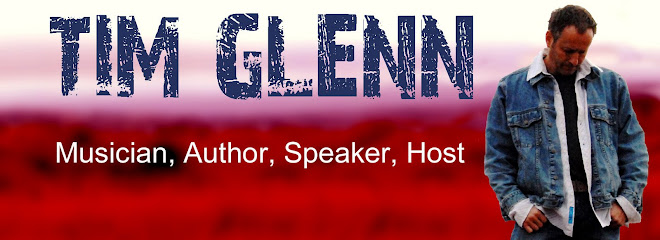Last week, when the Supreme Court made its ruling, allowing for gay marriage throughout our country, I posted a comment voicing my disapproval. Almost immediately, I was met with a reply—from a friend I met through church—simply saying, “I’m sorry you’re so afraid of love.”
Love.
In the moments that followed, the social media spheres lit up with that word. The hashtag #lovewins was attached to photos of same-sex couples kissing, rainbow flags, etc.
But did “love” really win? Is that what happened in Friday’s ruling? I don’t think so. I think this is yet another example of the gay agenda perverting something that was meant to be beautiful. Scripture tells us what love really is. And it is beautiful. So lets hold up the gay agenda’s message and see if it meets the biblical definition of love.
1 Corinthians tells us:
Love is patient, love is kind. It does not envy, it does not boast, it is not proud. It does not dishonor others, it is not self-seeking, it is not easily angered, it keeps no record of wrongs. Love does not delight in evil but rejoices with the truth. It always protects, always trusts, always hopes, always perseveres. -1 Corinthinans 13:4-7 (NIV)
Patient. The gay agenda might tell you they have been patient…waiting years for their “equal rights” in the eyes ofthe law. I would argue that the gay agenda has been anything but patient…forcing itself at an ever-growing pace into our businesses, our churches, our politics. In one generation, the gay agenda has managed to bring this nation to cross a line that not even Sodom crossed. Not even the Roman Empire at the height of its depravity did not cross the same-sex marriage line. Yet in one generation, our nation has done so. Patient? I think not.
Kind. How does forcing a business-owner out of business for not bending to your will even come close to “kind?” The amount of hatred against those who believe homosexuality to be sin is anything but kind. The words "homophobe" and "bigot" are thrown around like candy at a main street parade. Kind?
Does not envy. I’m very interested in this word in the definition of love. Love does not envy. There's a reason God included this. You see Satan loves to mimic God in many ways. He envies what God has. He wants it. The gay agenda has tried to steal one of God’s most beautiful symbols as their own. Scripture tells us that the rainbow is God’s way of reminding us of His promise to never again flood the earth. God owned the rainbow long before the gay agenda. God also owned “love” long before the gay agenda. Even the phrase “love wins” was used by the Church for decades before Friday’s Supreme Court ruling. Yet here comes the gay agenda, envious of what we have, taking it for their own, bastardizing it. Twisting it to mean something else. Out of envy.
Does not boast. Is not proud. Do I even need to explain how this is antithetical to the gay agenda? They’ve even attached the word “pride” to their movement. Pride parades. Gay pride. Loud and Proud.
Does not dishonor. Who does the gay agenda honor outside of the gay agenda? The very nature of their sexual sin is dishonoring to God. Never mind the way the gay agenda has dishonored the Church.
Is not self-seeking. Is not easily angered. I think you see where I’m going with this, right?
Keeps no record of wrongs. If I had a nickel for every social media post where the gay agenda tells us how they’ve been wronged, I’d be rich enough to buy enough members of the Supreme Court to change this decision.
Does not delight in evil but rejoices in the truth. Despite what your "feel-good" church has told you, despite what the media has told you, what your friends, family, loved-ones have said, homosexuality is sin. And ALL SIN is evil. The gay agenda is not about truth. It’s about sin. There is no reference in Scripture…nowhere…where homosexuality is NOT called sin. The only times homosexuality is referenced in the Bible, it is called sin. Do not believe otherwise. The gay agenda has not rejoiced in this truth. They have rejoiced in their sin.
Always protects, hopes, trusts, perseveres.Time will tell us what the homosexual movement will do to our nation. What protections will crumble under the weight of the Supreme Court’s ruling? Religious freedom? Will the hope of the church persevere? What has already happened to trust in our nation in the midst of this sexual sin? And lastly, the gay agenda will not persevere. God has told us who wins in the end. And it is not sin.
You see, when I look at the definition of love, I do not find the gay agenda. I do not find gay marriage. Don’t let them steal this powerful word, “love” and twist it into something it is not. This is not love. It is sin. But as most sinners often do (myself included) we try to dress up our sin to look like something it’s not. We put a bow on it. We "pretty it up" with all kinds of packaging and even use the right words to make it sound good. Why? Because who wants to be against love? Who wants to take a stand against love? No one. But don’t believe the lie. This isn’t love.
And if it’s not love, it’s a clanging cymbal. Tell me, which do you believe the gay agenda to exemplify? Love? Or a clanging cymbal?
